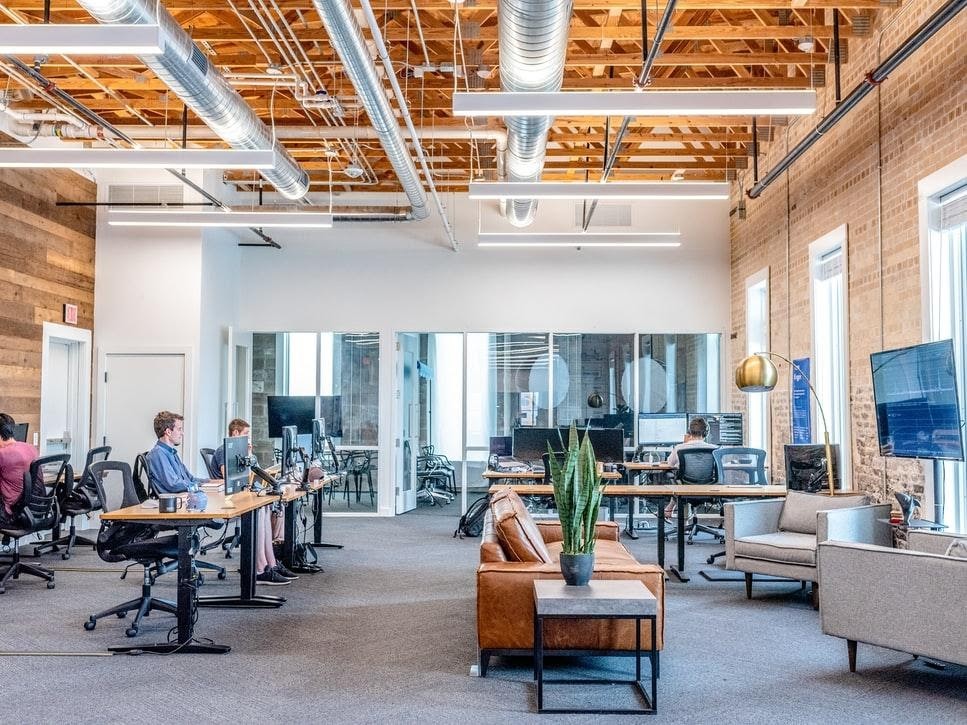Security threats are everywhere. If you know what to look for, you’ll easily spot vulnerabilities. No matter how big or small a business, an office needs to be a safe space where security risks get kept to a minimum.
Most offices contain a range of valuable items, including computers, cash, machines, and legal or confidential documents. Every organization may be different, but there are certainly common steps you can take to reduce security risks.
Below you’ll find the eight most important things that should never get left lying around the office.
1. Access Cards
So many of us swipe our access cards, and then leave them lying on our desks. It’s important to put these cards away when not in use, or wear them on a lanyard around your neck. Keep them in a designated spot that only you know about, or only you have access to at all times.
If an access card gets into the wrong hands, it’s a free pass to anyone who wants access to your office—and if it’s linked to access control software, it may implicate you if something goes wrong.
2. Cash
This may seem like an obvious one, but keep cash stored somewhere safe at all times. Cash is one of the easiest things to steal, and one of the hardest things to replace. Once it’s gone, it’s highly unlikely that you’ll ever get it back.
Most businesses don’t have large sums of cash lying around, but even small amounts, such as petty cash for daily expenses, are best stored in a secure location.
3. Wallets
We spend so much time at the office that many of us start to feel just as comfortable at work as we do at home. While it’s important to feel comfortable in the workplace, we tend to let our guards down.
Avoid leaving your wallet on your desk as you would ordinarily leave it on your kitchen table. If someone takes it, you’ll not only lose cash, but you may also lose personal identification such as ID, social security, medical insurance, or driver’s license cards. This puts you at risk of identity theft.
4. Calendars And Diaries
Make sure that your calendar, diary, or day planner is never left on your desk.
If your schedule is easily accessible, it will be incredibly simple to find out when your desk is unattended. This tells someone with nefarious intent when the best time to come snooping around is.
5. USB Drives
While USB drives are incredibly convenient for the sake of sharing and transporting information, they’re not necessarily safe. Don’t leave them lying around your office, especially if your drive contains sensitive information and isn’t encrypted.
USB drives are easy to use, which means that simply by inserting one into a computer all of its information is accessible within a matter of seconds.
6. Documents
In an office, documents are often left lying around on desks. Often, these documents contain sensitive information, such as the finer details of business and client transactions, banking or account information, or trade secrets. Protecting this information is crucial for the sake of all the company stakeholders.
Storing documents in a security safe, lockable filing cabinet, or lock box is essential, as is keeping the keys safe.
7. Keys
Much like an access card, keys serve as a free pass to anyone who gets hold of them. Make sure that you keep your keys in your bag, your desk drawer or better yet, on your person. This goes for your office, house, and car keys.
As a backup, consider using a device that can help you locate your keys in the event that you lose them.
8. Unlocked Devices
Mobile phones, tablets, laptops, or desktop computers are all incredibly vulnerable if left unlocked. Make sure that every single one of your devices has some form of security and protection, such as a fingerprint scanner or password.
Don’t leave unlocked devices lying around your office. This could lead to data theft, or the theft of the device itself.
Reducing security risks in your office is simple. All you need to know is what to look for and how to take action.

